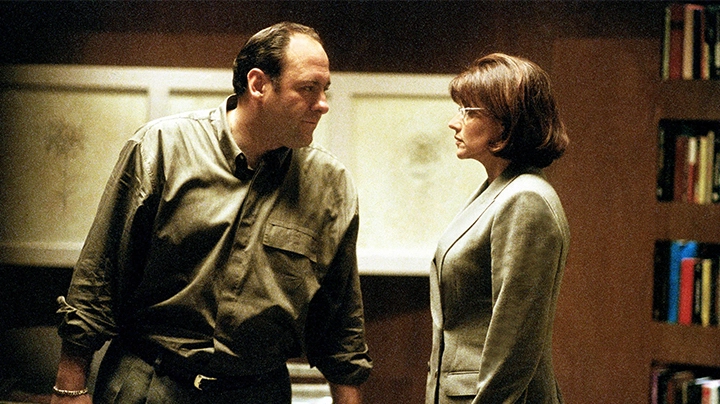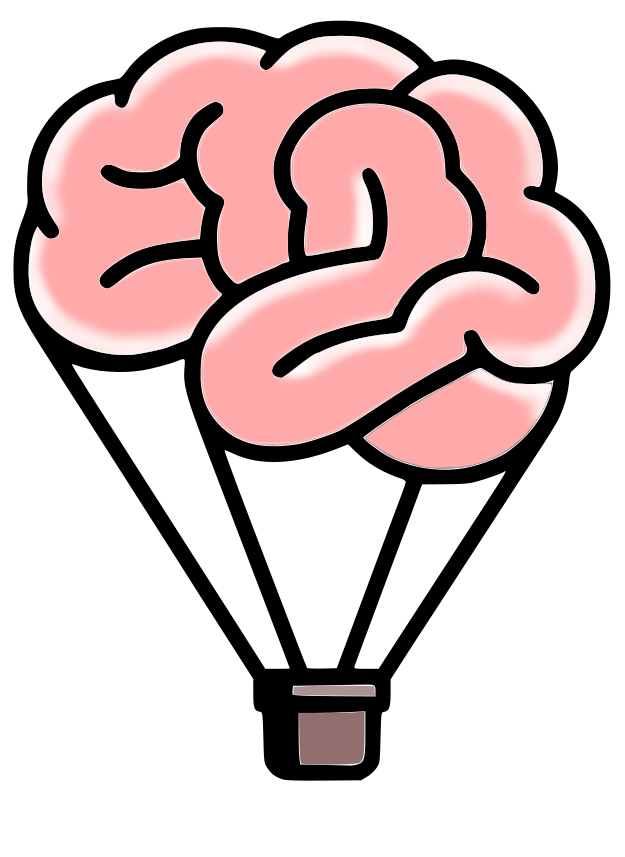
A recent episode of Life Kit reminded me of how important it is to check-in with your therapist about the work you are doing. If you are feeling stuck in therapy or that you aren’t making the progress you’d like, this may be a sign that it’s time for a change.
Sometimes that change can begin with a discussion about new goals you might have for therapy or it might be time to hit pause for a season and maybe even time to be done all together. Those of you working with me directly know that I often ask about the frequency / cadence of our sessions and if you feel your time (and money) is being well spent in our work together.
Is therapy still working for you?
-Dr. R.C. Morris
This is an important thing to check-in about from time-to-time.
There are some great articles out there on this topic, including recent publications from Psychology Today: LINK
To Reader’s Digest: LINK
We agree with Psych Today that if you are feeling stuck in therapy it’s time to check-in. We also agree with Life Kit (full episode at the bottom of this post) that ghosting is absolutely okay(!!); it can also be helpful–and even a crucial part of the work–to check-in when you are feeling stuck; so, if you feel a check-in might help refocus/sharpen our work, please make use of the suggestions below.
What are some ways to address this with your therapist? Try one of the following:
- “I’m thinking a pivot to ___ is what I need now.”
- “I’m not sure if I’m getting what I need from therapy anymore can we talk about new goals?”
- “I think I don’t need to come in anymore.”
- “I think I can handle things better now.”
- “I think I need to switch to a therapist that specializes in _________.”
- “I think I’ve done all the work I can do here.”
- “I’m not sure we click.”
- “I think I’m good for now and don’t need to come in.”
- “Can we hit pause and I’ll reach out when I need more support?”
Good therapists will always respond to you with professionalism. If your therapist doesn’t respond with professionalism, consider that reinforcement that you made the right decision to discontinue therapy. If your therapist’s behavior was out of line, consider contacting their licensing board. A vast majority of the time, your therapist will appreciate that you were direct about your feelings. As therapists, we support autonomy—we want our clients to have the freedom to exercise their own choices.
In an ideal world, therapists would address the end of therapy at the beginning of therapy. For example, my consent form states that the end goal of therapy is that you are able to handle life’s complexities without needing my help. As therapists, our happiest days are when a client says they feel like they are doing OK and no longer need to come in. My consent form also states that therapy is completely voluntary, and you can stop going at any time. It also encourages clients to bring up any issues they might have with therapy or the therapeutic process.
You can always check back in with your therapist if you need them in the future. When I end therapy with a client, I always tell them that they can contact me at any time. Sometimes clients want to come in every few months or so for a “tune-up.”
From the therapists’ perspective, sometimes we realize that another therapist can help you better than we can. Therapists have different specialties, and referring you to someone else just means that we are looking out for you and we want you to have the best treatment possible. In fact, our ethical codes demand it.
So go ahead and open up that dialogue with your therapist. If your therapist doesn’t respond with complete professionalism, you’ve made the right decision in discontinuing therapy with them. Chances are, though, that you will have grown from the experience of telling your therapist what you need. It’s very freeing, and it makes it easier for you the next time you need to talk with someone about ending a relationship.
—
This post does not constitute therapeutic counseling or advice; the contents of this post are provided as a learning resource. We share the contents hoping that if you are in need of mental health support you will reach out to us directly or to a mental health professional in your area.
